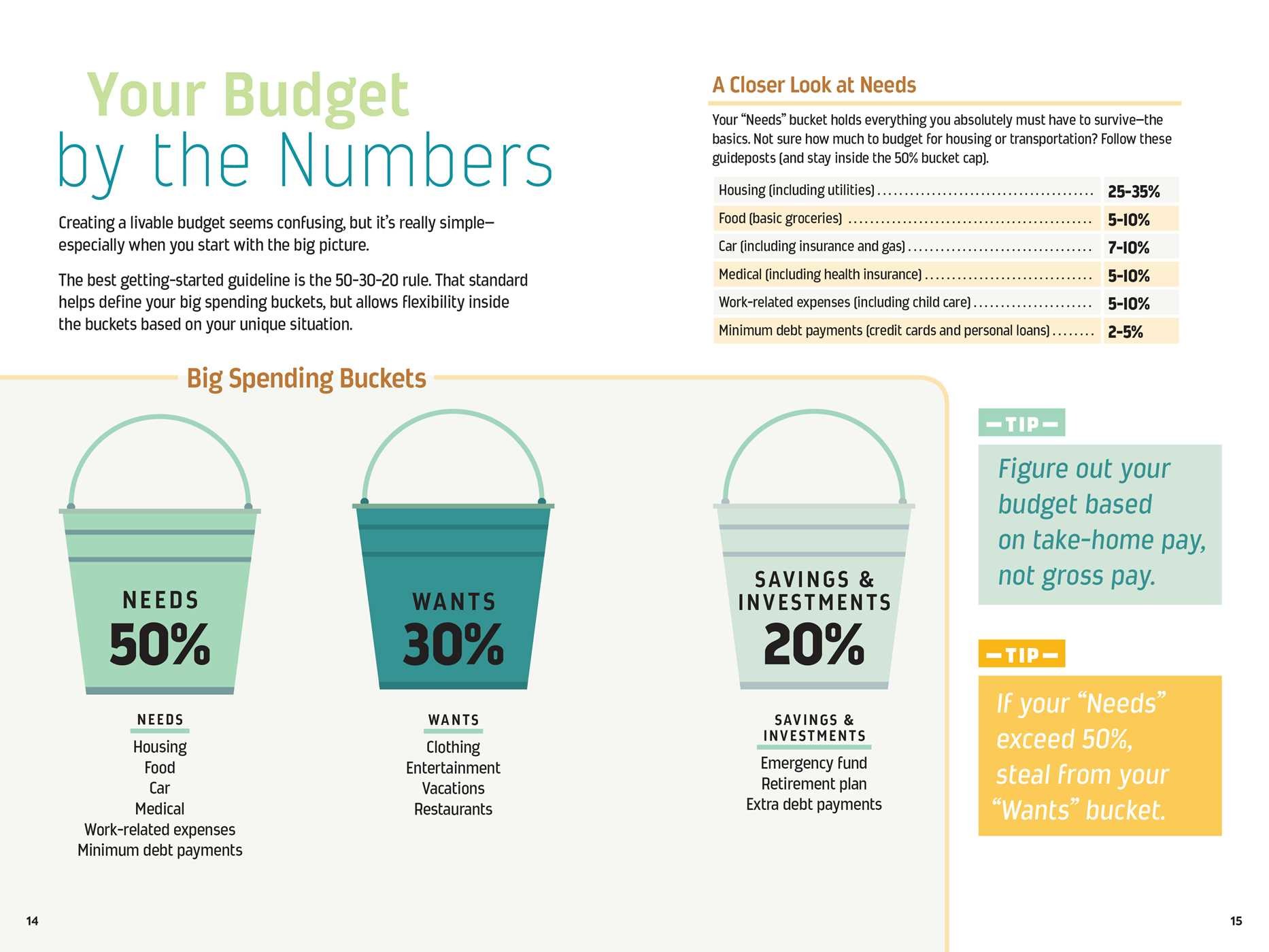Discover The Hidden Costs And Effects Of Disregarding An Efficiency Bond, And Recognize Why It's Vital To Stay Away From This Pricey Blunder
Discover The Hidden Costs And Effects Of Disregarding An Efficiency Bond, And Recognize Why It's Vital To Stay Away From This Pricey Blunder
Blog Article
Content Develop By-
When a surety issues a performance bond, it guarantees that the principal (the event who purchases the bond) will certainly fulfill their commitments under the bond's terms. If the principal stops working to satisfy these obligations and defaults on the bond, the guaranty is responsible for covering any kind of losses or problems that result.
1. bond a property of reputation: Defaulting on a performance bond can harm the principal's reputation and integrity, making it more challenging to secure future service or financing.
2. Legal and management expenses: The guaranty may need to pay lawful and management prices associated with seeking the principal for damages or attempting to correct the circumstance.
3. Economic losses: The surety may need to cover the price of completing the job or supplying the solutions that the principal stopped working to supply. This can result in substantial financial losses for the guaranty.
4. Boosted costs: If the principal has a history of defaulting on efficiency bonds, they may be required to pay greater costs in the future to get the necessary bonding.
In general, back-pedaling a performance bond can have significant financial effects for both the principal and the guaranty. It's important for principals to thoroughly consider their obligations and guarantee they have the ability to fulfill the terms of the bond to prevent these adverse outcomes.
Defaulting on a performance bond can be an expensive mistake for organizations. When you stop working to satisfy the bond's responsibilities, the financial consequences can be significant. From paying the full bond total up to potential lawful fights and damaged connections, the repercussions can reverberate throughout your service operations. Understanding the intricate internet of financial impacts that back-pedaling an efficiency bond can have is important for guarding your firm's economic health and wellness and track record.
Financial Penalties for Defaulting
If you default on an efficiency bond, you'll likely face considerable punitive damages. These fines can vary depending upon the regards to the bond agreement yet usually include paying the bond amount completely to the obligee. This means that if you stop working to satisfy your contractual obligations, you must pay the bond amount to the job proprietor or the entity that called for the bond.
Additionally, you may likewise be responsible for any extra prices incurred by the obligee as a result of your default, such as discovering a substitute service provider or covering task hold-ups.
Back-pedaling an efficiency bond can additionally lead to legal charges and court costs if the obligee chooses to take lawsuit versus you to recoup the bond amount. These expenses can promptly add up, more exacerbating the monetary effect of your default. It's vital to carefully assess and understand the terms of the performance bond to stay clear of these extreme financial penalties.
Effect On Service Capital
Defaulting on a performance bond can substantially impact your company capital, affecting economic security and operational capacities. When you back-pedal an efficiency bond, you run the risk of shedding the bond quantity, which can be a considerable sum. This loss straight impacts your capital, as you'll require to discover alternate sources of funding to cover the bond quantity. Furthermore, skipping can result in increased examination from guaranties, making it more challenging and extra pricey to safeguard bonds in the future. This can further stress your cash flow as you might need to allot added resources to fulfill bonding demands.
The impact on your capital doesn't stop there. Back-pedaling a performance bond can also cause task delays or terminations, resulting in a loss of earnings. In addition, the adverse online reputation that features failing can deter potential customers, better minimizing your cash flow. Overall, defaulting on a performance bond can have damaging effects on your business's economic wellness and ability to operate smoothly.
Legal Ramifications and Legal Actions
Dealing with lawful implications and possible lawsuits as a result of back-pedaling a performance bond can significantly affect your business's track record and financial standing. When you back-pedal an efficiency bond, the guaranty company might take lawsuit to recoup the bond amount paid out. This might cause pricey lawful fees, court expenditures, and possible settlements or judgments versus your service.
Additionally, defaulting on an efficiency bond may lead to damaged partnerships with customers, subcontractors, and vendors, impacting your capacity to secure future contracts. Lawsuits arising from bond defaults can stain your business's reliability in the market, making it challenging to bring in brand-new companions or consumers.
Additionally, if the default causes a court judgment versus your business, it can result in property seizure or liens, additionally stressing your economic security. As check over here , it's essential to recognize the lawful ramifications of defaulting on a performance bond and take proactive steps to minimize the dangers entailed.
Final thought
As you encounter the consequences of back-pedaling a performance bond, remember this: it resembles strolling a tightrope without a safeguard. One incorrect step can send you plummeting right into an economic freefall, without any way to quit the fall.
The financial penalties, capital effect, and legal ramifications are all waiting to catch you if you blunder. So walk carefully, and always honor your commitments to prevent the rough effects of default.
